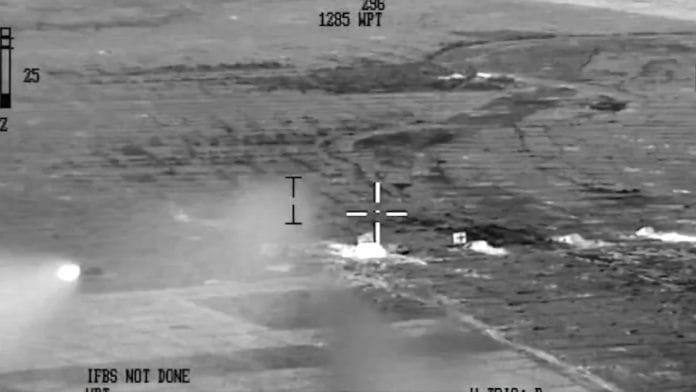When the code name Sindoor surfaced in hushed tones across security corridors, it didn’t carry the traditional resonance of military operations. It wasn’t loud. It wasn’t declared. But it left an impact that is still being processed by a region steeped in trauma and by a nation unwilling to stay passive.
For nearly eight decades, India has carried the burden of a legacy born out of Partition one not just of divided land, but of divided narratives. In many ways, the story of Kashmir embodies this schism. A Muslim-majority region ruled by a Hindu king who chose to accede to India, Kashmir became a frozen flashpoint of identity, ideology, and territory. Pakistan, unable to reconcile with the decision, nurtured resentment into strategy and strategy into proxy warfare.
The decades that followed were scarred by countless lives lost to insurgency, terrorism, and futile diplomatic dances. The 2019 abrogation of Article 370, which granted Jammu & Kashmir a special status, was a seismic moment. For India, it meant constitutional and territorial integration. For Pakistan, it was a rallying cry to reenergize old hostilities.
The Trigger
On April 21st, a brutal massacre unfolded 26 innocent men were lined up and shot, execution-style, in front of their families. These were not military targets. They were civilians unarmed, unsuspecting, and undeserving of such violence. The attack was not just a body blow to security; it was a gut punch to humanity.
In response, India executed Sindoor an 80-hour-long, highly targeted, and remarkably discreet operation. No grandstanding. No war drums. Just action. It was surgical and symbolic a reminder that India’s threshold for tolerance has evolved.
A Doctrinal Shift
Sindoor was not just a tactical manoeuvre, it reflected a shift in India’s strategic posture. From decades of defensive restraint, India is now signalling a policy of pre-emptive deterrence. The message is unambiguous: terrorism will no longer be addressed with patience alone it will meet calibrated force.
This recalibration is as psychological as it is strategic. For a country often accused of being reactive, this was a demonstration of initiative, not retaliation.
The Other Side of the Border
For Pakistan, whose experiment with non-state actors has yielded more blood than bargaining power, the outcomes are grim. International isolation, economic fragility, and internal instability have only worsened. The Kashmir card, once central to its diplomatic playbook, is losing relevance in a world now more concerned with climate, trade, and digital governance than Cold War-era border conflicts.
Waging low-cost, high-deniability war through terror has not gained Pakistan any new territory only lost goodwill and generations of peace.
Human Cost
But at the heart of Sindoor lies a quieter, more painful truth. The war, as always, is waged on people. The villager who buries his son. The woman who loses her husband. The soldier who walks into darkness, knowing it may be his last sunrise. These stories don’t make headlines, but they define the true cost of unresolved hatred.
India’s response is not without risk. Escalation, miscalculation, or proxy retribution could unfold in the months ahead. But for many, this new clarity is overdue.
A War Still Waiting to End
The end of Article 370 was supposed to be the political full stop in Kashmir’s contested chapter. Sindoor may not be the final paragraph, but it is perhaps a new sentence, one that suggests India will not just hold ground, but redraw lines when need.
Ultimately, the victory India seeks is not just strategic or territorial it is moral. A peace rooted in dignity, security, and unity. That war is still on. But Sindoor may have taken us one step closer.
These pieces are being published as they have been received – they have not been edited/fact-checked by ThePrint.


